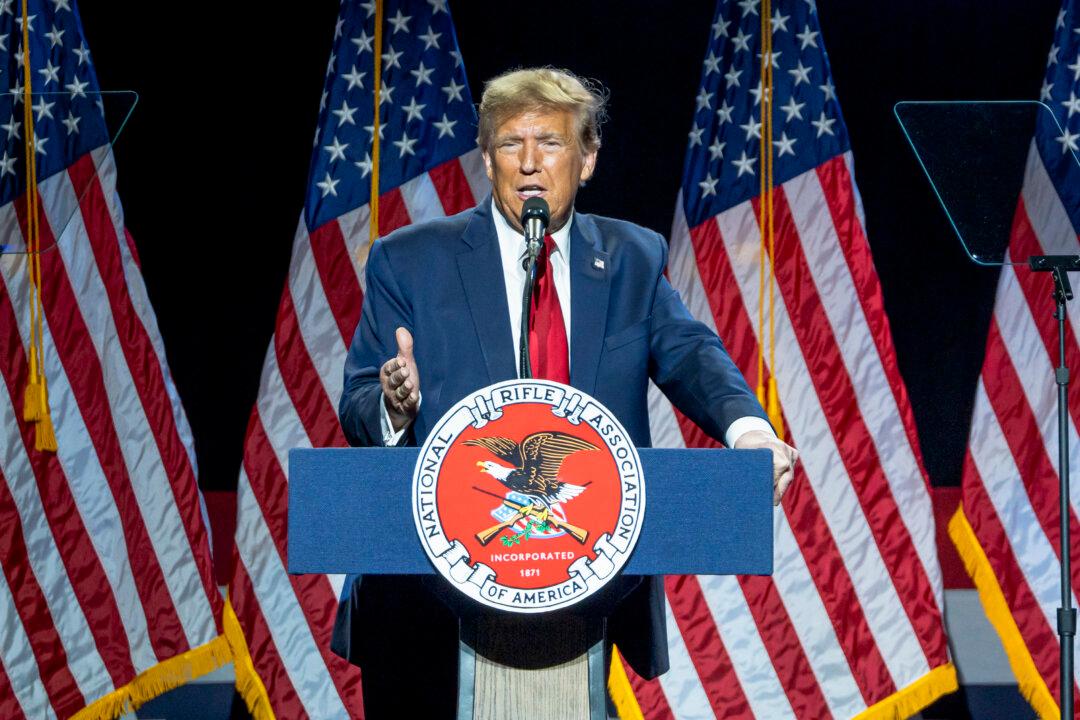Commentary
The Canadian reaction to the re-emergence of the possibility of an American Trump presidency has generated a disappointing variety of responses in Canada.

The Canadian reaction to the re-emergence of the possibility of an American Trump presidency has generated a disappointing variety of responses in Canada.